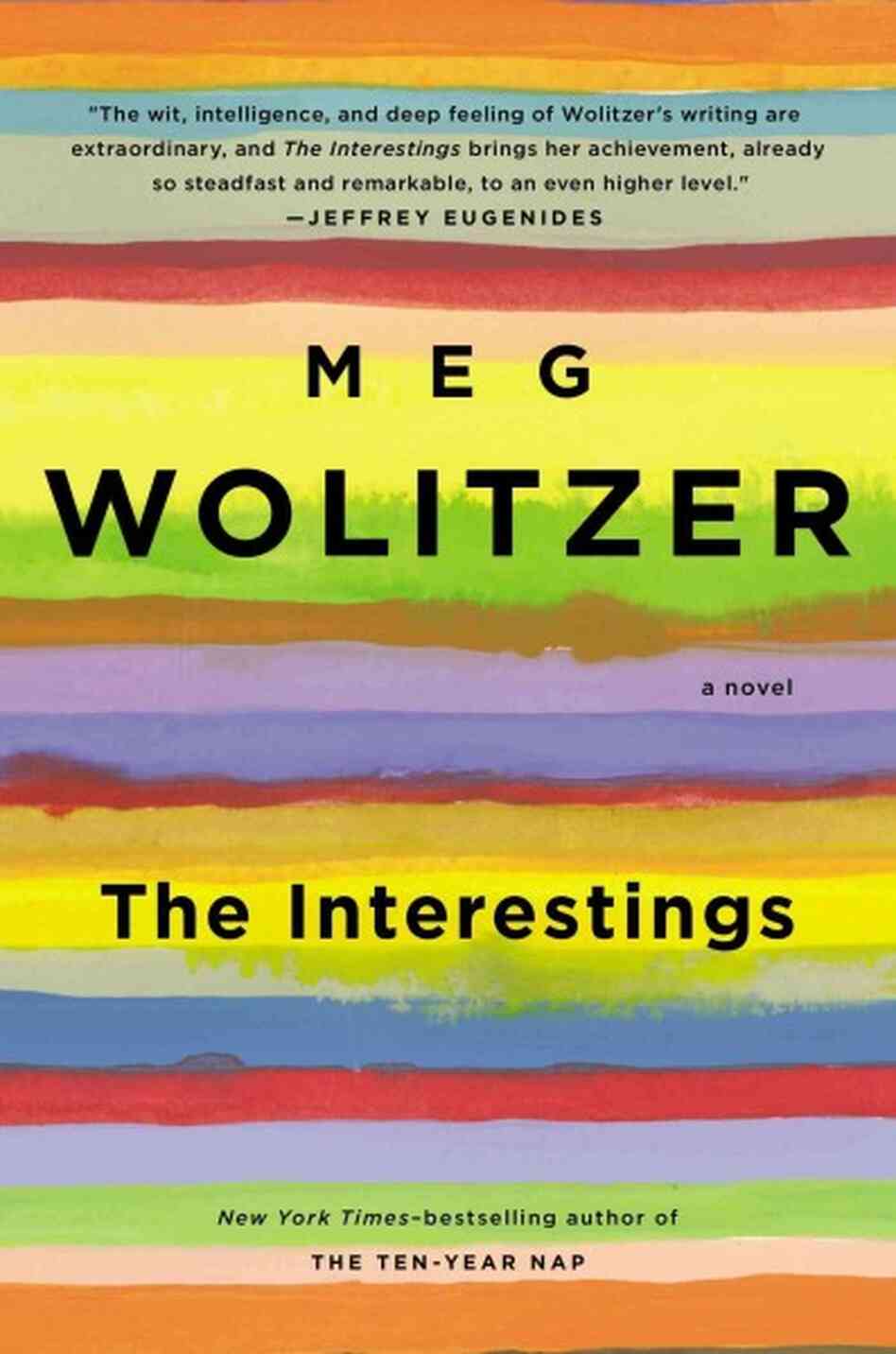 |
| Capistrano Valley High School wants girls to know their bodies are a problem |
And so we began discussing the hijab, such a foreign piece of clothing to us supposedly enlightened westerners. Can you imagine having to cover your hair every time you leave the house? Why—because the filamentous biomaterial that sprouts from follicles in the human female scalp is so tantalizing a man simply won't be able to stop himself ravishing an uncovered woman on the spot? That is the purpose behind all cover-it-up policies, after all: females are solely responsible for all sexual behavior, but especially that of men. Men are thoughtless beasts who can't control themselves, such thinking says, so females do the controlling for them by staying under wraps. And if you end up stared at, harassed, fondled, raped? It's your fault, girl. We told you to cover it up.
The modesty movement has become more rigid over the past few decades, perhaps as a fundamentalist response to an increasingly secular world. This purity fetish became a sudden and shocking reality for my daughter and me when we visited the Al Aqsa mosque in Jerusalem a few years ago with my husband's family. My father-in-law is from Nazareth and was showing us the sights of his homeland; although his family is Christian, showing us this important mosque seemed a natural part of the tour. For me and the kids, this was our first time in Israel and our first visit to a mosque. It did not go well. It was clear we females were unwelcome, in spite of the fact that my father-in-law and step-mother-in-law speak Arabic and know the culture. They'd been to Al Aqsa before, but not for a few years. We women were covered up sufficiently for how my in-laws remembered the place, but things had changed. The mosque guardians were marginally polite to us until the men left to tour the mosque and we three were left standing in the women's area. Then a mosque-bouncer came over and began berating my then-13-year-old daughter for having a tiny fraction of ankle showing. He was shouting at her as her grandmother tried to reason with him in Arabic. My daughter began crying. Another man came over, and the two began conferring via walkie-talkie with other men. The men looked at my daughter with barely disguised hatred, as if she were something shameful — something haram. We were told to leave. We stood outside under a tree for what felt like years until my son, my husband, and his father rejoined us; the walkie-talkie men followed us and stood nearby, glaring and muttering. My father-in-law, hearing our story, let loose with a quality rant in Arabic that had all the henchmen looking ashamedly at their shoes, but by then it was too late: Al Aqsa will always have a bad association for us.
Although Islam generally is the strictest about female dress, all Abrahamic religious texts extoll the virtue of modesty, and all assume women's bodies are a problem. Scripture insinuates that men are teetering on the edge of serial rape at all times and women should do everything possible to avoid tempting them. The Bible explicitly states that if a woman is raped, she is culpable and must be punished along with the rapist. To this day, women in many parts of the world who are raped are tried and convicted of adultery or extramarital sex; often they are the only ones punished for their own rapes.
 |
| Indonesian women protest a victim-blaming judge |
Don't believe me? A middle school in California banned tight pants for girls because "they distract the boys." In Minnesota, a high school principal sent an email to parents telling them to stop allowing their daughters to wear yoga pants, as their butts "can be highly distracting" to other students (read: boys). A kindergartner (!!) in Georgia who wore a skirt with leggings was forced to change into someone else's jeans after a school official determined the skirt "a distraction." A pair of teenagers in Cincinnati were prevented from attending prom because one of their dresses was not up to snuff: "they can have no curvature of the breasts showing," explained one official. What does that even mean? Does cleavage count? (Because that's the only curvature I saw.) Is there a boob-check at the door? Who conducts it? What century are we in, again?
Gathered back at our table, my daughter's friend explained what message girls get from school dress codes: "Basically, we're told to self-objectify," she said. "We have to stand in front of a mirror every morning and view ourselves as sexual objects, we have to think about how our clothes might be a problem." A problem for the boys, that is.
Is this really so different from the thinking behind the hijab?
 |
| From: reviveourhearts.com/radio/seeking-him/distraction/ |
 |
| christianmodestyblogger.blogspot.com |







